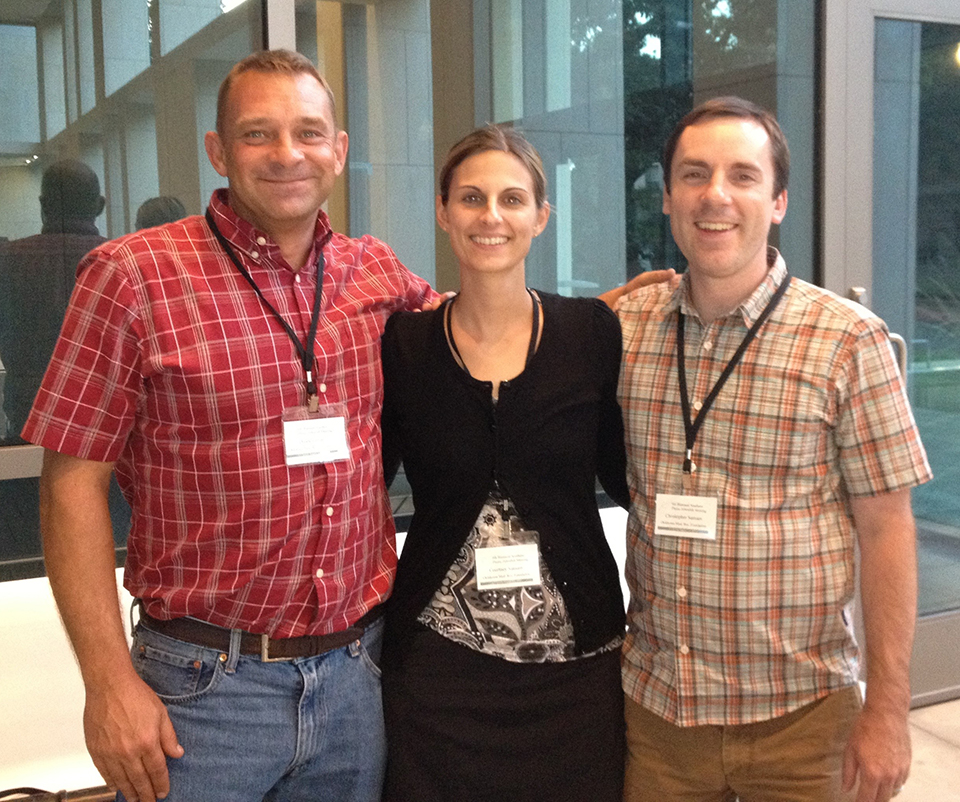
TopBP1 and TICCR in the chemotherapy response and embryonic development
The long-term objectives of this project are to understand the mechanisms and functions of DNA damage checkpoints in embryonic development and the chemotherapy response. Cells execute a protective response to chemotherapies which cause DNA damage or inhibit DNA replication. This involves a complex signaling network driven by the ATR (Ataxia-Telangiectasia and Rad3-related) kinase and its upstream regulator TopBP1 (DNA Topoisomerase II-Binding Protein 1). Besides serving this protective function, ATR and TopBP1 also maintain genomic integrity during unperturbed DNA replication and embryonic development, and inherited mutations that disrupt the ATR signaling pathway cause human developmental disorders. Thus, pharmacologic inhibition of DNA damage checkpoints to sensitize cancer cells to chemotherapy is likely to cause side effects. TopBP1 has eight BRCT (BRCA1 C-terminal) protein interaction domains and is multifunctional, also acting in DNA replication, DNA repair, and transcription. TopBP1 likely participates in such diverse aspects of DNA metabolism by acting as a central component of multiple functionally distinct subcomplexes, but these various subcomplexes remain to be defined.
The current proposal consists of three Specific Aims:
1) Characterizing an interaction between TopBP1 and an entirely novel protein called TICRR (TopBP1-interacting checkpoint and replication regulator). TICRR interacts with the first two BRCT domains of TopBP1 and is required for DNA replication initiation and cell cycle arrest following DNA damage
2) Identifying and characterizing novel TopBP1 and TICRR protein interactions
3) Determining the functions of TICRR and TopBP1 during zebrafish embryonic development
Knowledge from these studies will lead to a better understanding of DNA damage responses to chemotherapy as well as illuminate the molecular underpinnings of human developmental disorders caused by defects in ATR signaling. Understanding differences between how checkpoint proteins function in normal cell proliferation versus in the chemotherapy response will facilitate the development of treatment strategies that inhibit checkpoint signaling in tumors, while leaving normal cells unperturbed.
 Chris Sansam, Ph.D.
Chris Sansam, Ph.D.
Associate Member, Cell Cycle and Cancer Biology Program
OMRF




